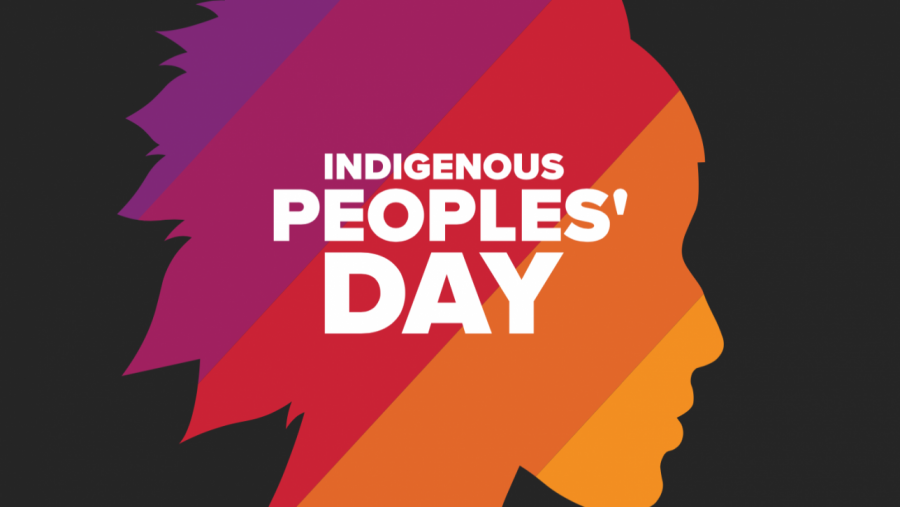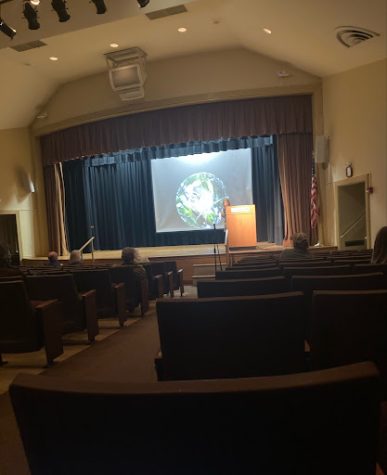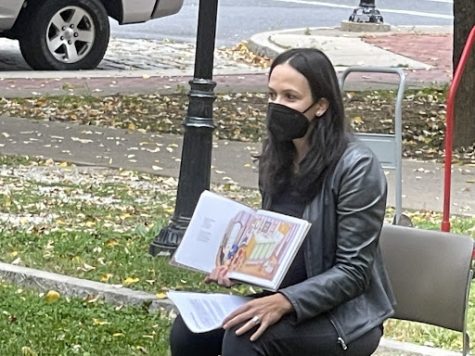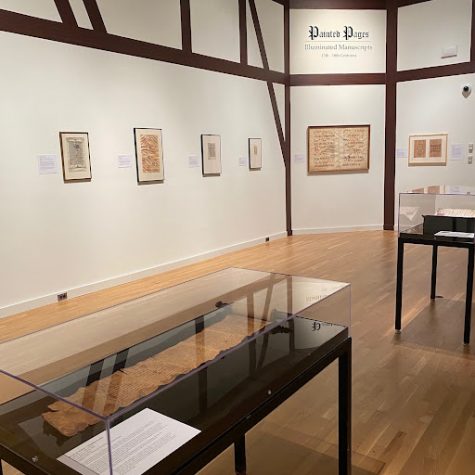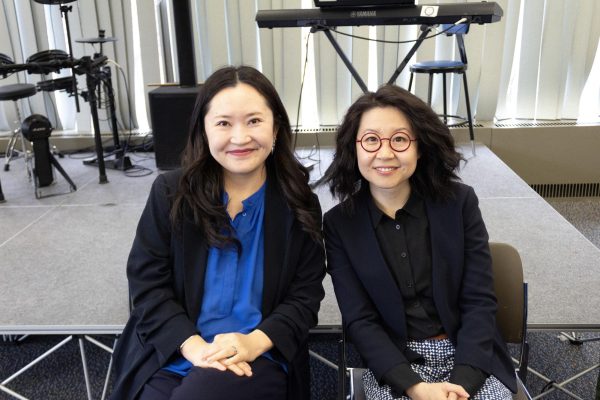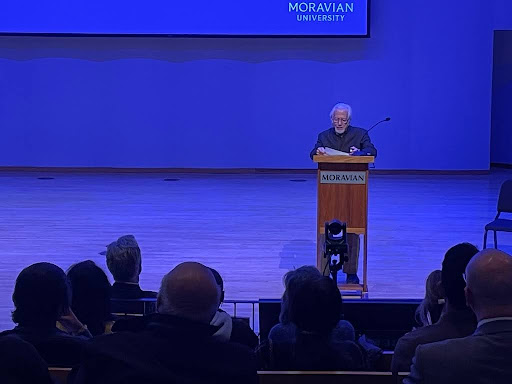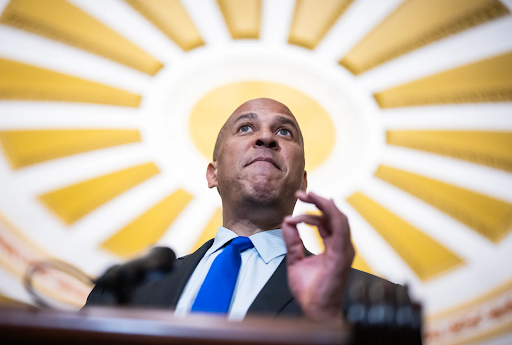Moravian Celebrates First Ever Indigenous Peoples’ Day
Moravian College celebrated its first annual Indigenous Peoples’ Day this past week, forgoing the standard national holiday of Columbus Day.
The event was held mostly via Zoom during the day of October 12.
The day included four different talks covering a variety of topics, including Lenape life then and now, income inequality, Afro-Indigenous identity, and Moravian’s very own Indigenous Studies program.
Speakers included Jack Johnson from the Delaware Nation of Western Oklahoma, Alexa Sutton Laurence representing the Wilderness Society and her own identity as African-American and Saponi, and Qawi R. Austin as an educational consultant.
Dr. Jamie Paxton, associate professor of history and the co-director of the new Indigenous Studies program, explained why the College hosted the event. “The main reason we decided to celebrate Indigenous Peoples’ Day (IPD) is to combat the erasure of indigenous people,” Paxton explained. “Most Americans perceive indigenous people as belonging to the past. Removal and the reservation system have contributed to the sense that native peoples have vanished. Except for historical dramas, popular culture rarely depicts Indigenous people, which only reinforces these perceptions. As a result most Americans encounter indigneous people only as caricatures – mascots, food labels, and Halloween costumes.”
And the fact that the celebration was placed on the traditionally-celebrated Columbus Day was no coincidence. “It is appropriate that IPD is replacing Columbus Day in many places, since he set in motion the murder, enslavement, and dispossession on native peoples,” said Paxton. “He also gave us the stereotypes of the noble ‘Indian’ and the bloodthirsty ‘Indian’ that continues to shape popular perceptions. IPD provides an opportunity to deal more directly and honestly with the history and legacy of colonialism and to better understand and appreciate contemporary indigneous people.”
Thankfully, the only issues that this event had this year were restrictions from the COVID-19 pandemic, and it faced no backlash from supporters of Columbus Day. Unfortunately, the event had to be limited to Zoom conferences and talks because of limitations on physical meeting spaces, but the event’s organizers hope that it will be much more open next year.
The College’s talks were well attended, with over 60 attendees at their evening session. Each talk was followed up with meaningful and insightful questions from the audience, and an overall education discussion session.
“Based on conversations afterwards,” Paxton said, “it seems many people gained a new perspective on the country’s long history of violence and dispossession and a greater appreciation of indigenous peoples’ resistance to and perseverance under settler colonialism.”
The event was also helpful in showcasing and spreading the word of Moravian’s new Indigenous Studies Certificate, a new option for students to minor in. “Indigenous Studies is an interdisciplinary field that uses Indigenous knowledge and methodologies to analyze issues affecting native peoples,” Paxton said when asked to explain the certificate’s importance. “By tracing the historic and contemporary interactions between indigenous people and nation states, we will highlight indigenous identity, sovereignty, and relationships to the land.”
The event is expected to be an annual event, with hopes to expand in the future, both outdoors and with more events. Some ideas for future years include drummers, singers, dancers, and food demonstrations and sampling. “We want to ensure that there are events spread throughout the year,” Paxton explained, “so that Indigenous Peoples’ Day is not restricted to a single day each year.”
“We at Moravian should acknowledge IPD,” Paxton argued, “because, as beneficiaries of the Walking Purchase (a land fraud committed against the Lenape) and as missionaries, Moravians and Moravian College are implicated in settler colonialism.”
The event was sponsored by the Office of Diversity, Equity, and Inclusion and the Indigenous Studies program at Moravian with support from USG and the Environmental Studies and Sciences department. Daisy Purdy, a consultant working with the DEI Office, was also a massive supporter of the event and helped to plan it.


